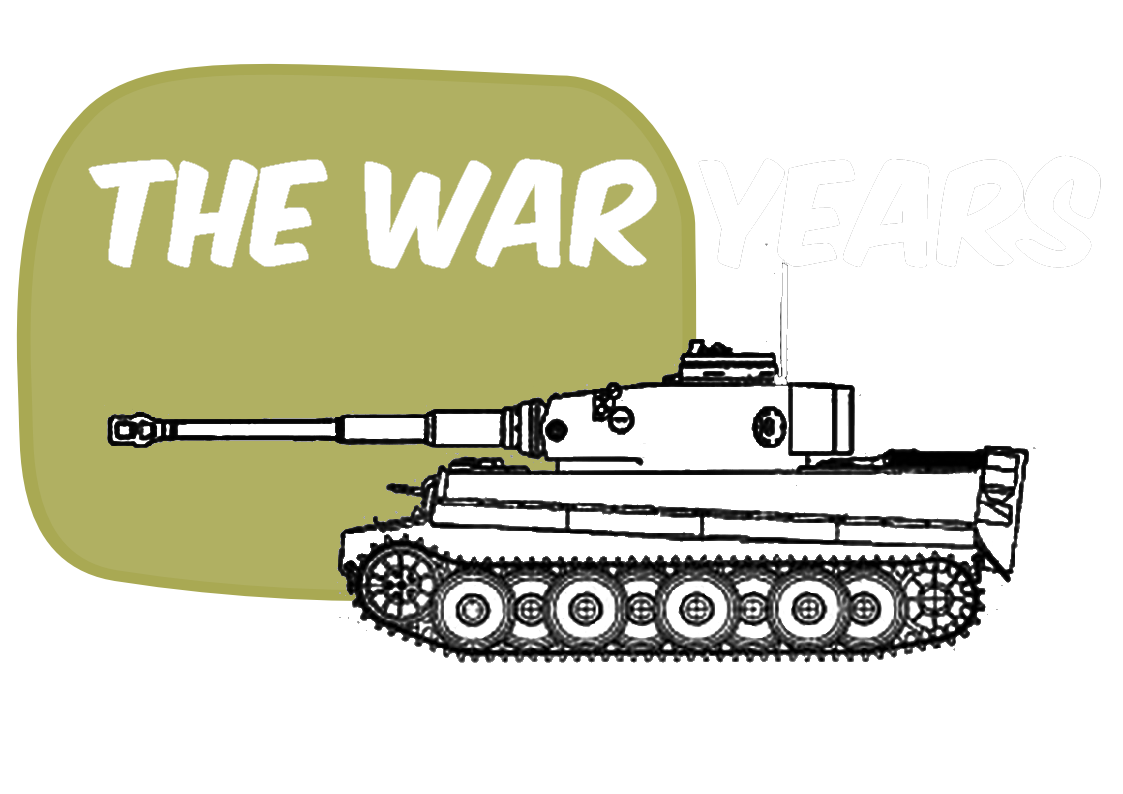
Victory
May 1945 sees the end of the war in Europe, celebrated as VE Day. However, the war in the Pacific rages on until late summer. It’s estimated that the Soviet Union alone suffered 26 million war dead, nearly 15% of its 1939 population. Nazi atrocities, including the systematic genocide of European Jews, totals around 17 million people murdered.
August 1944
Paris is liberated. The Pacific island of Guam is captured by its Imperial Japanese defenders who suffer over 18,000 killed. The Americans suffered 2,000 dead and another 6,000 wounded. After the island’s capture, five large airfields are built that enable the US to attack targets in the Western Pacific and Japan.
December 1944
Something of a last throw of the dice, the German army launches a surprise attack on Allied units through the Ardennes forest of Belgium and Luxembourg. The Ardennes Offensive or Battle of the Bulge is initially successful, gains ground and causes widespread panic in the Allied camp. However, the “bulge” created in the Allied lines is quickly pinched off. The Germans are then pushed back and defeated by January 1945.
January 1945
The full horror of the Nazi regime is revealed when the Soviet Red Army liberates the Auschwitz and Birkenau death camps.
February 1945
American President Franklin D. Roosevelt, British Prime Minister Winston Churchill and Soviet leader Josef Stalin meet at Yalta. The purpose of this conference is to discuss Europe's post-war reorganization. In the Pacific, the Battle of Iwo Jima rages. Japanese forces are finally defeated in March.
March 1945
American troops seize the bridge over the River Rhine at Remagen and start crossing into Germany.
April 1945
The battle of Okinawa, codenamed Operation Iceberg, is fought on the Ryukyu Islands of Okinawa and is the largest amphibious assault in the Pacific War. The battle lasts 82 days from early April until mid-June 1945. After a long campaign of island hopping the Allies are now approaching Japan, and plan to use Okinawa as a forward air base to launch attacks against the Japanese home islands.
In Europe, American and Soviet troops link up at the Elbe River, cutting Germany in two. Adolf Hitler and his wife of one day, Eva Braun, commit suicide as the Red Army approaches the Führerbunker in Berlin.
May 7th 1945
German general Alfred Jodl signs the articles of unconditional surrender at Reims, France, ending the war in Europe.
May 8th 1945
Victory in Europe or VE Day is celebrated. The war in the Pacific and elsewhere continues.
